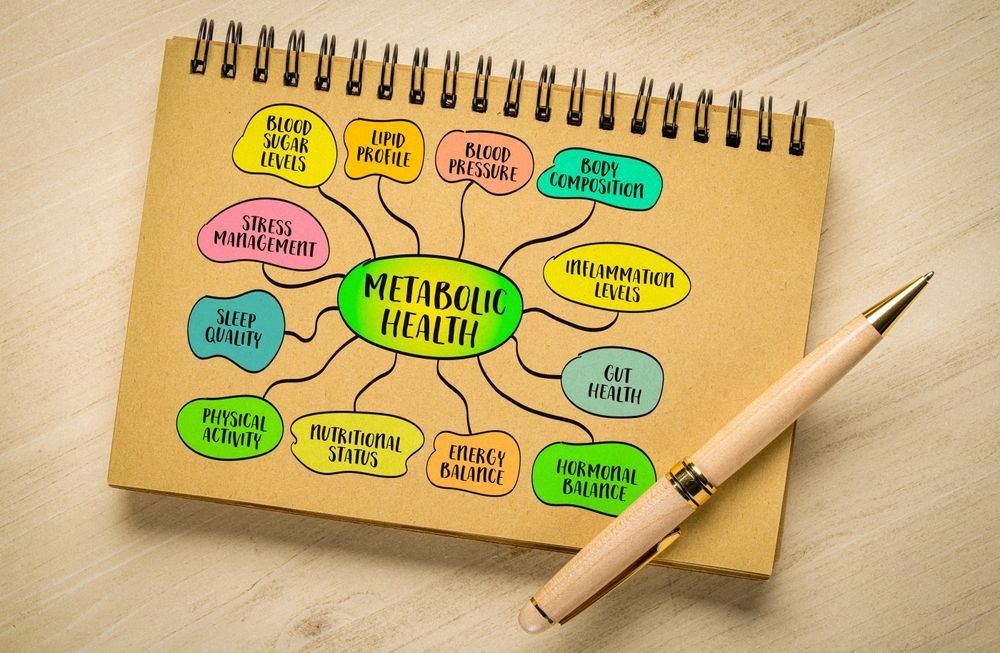The Role of Zinc in IV Therapy for Immune System Maintenance

Understanding the importance of zinc in our bodies cannot be overstated, especially when considering its pivotal role in immune system maintenance. Zinc is a vital trace mineral that supports various physiological functions, ranging from enzyme activity to overall cell stability.
Understanding the Importance of Zinc in the Body
The Biological Functions of Zinc
Zinc is involved in more than 300 enzymatic reactions and is crucial for DNA synthesis, cell division, and protein production. It plays a fundamental role in maintaining skin integrity and structure, healing wounds, and supporting taste and smell. Furthermore, zinc contributes to carbohydrate metabolism and hormone regulation, illustrating the mineral's multifaceted contributions to our health.
In addition to its role in metabolism, zinc acts as a protective antioxidant, scavenging free radicals and mitigating oxidative stress. This is vital in preventing cellular damage and may prolong life expectancy by contributing to overall health and well-being. The mineral is also essential for the proper functioning of the immune system, as it helps in the development and activation of T-lymphocytes, which are critical for adaptive immunity. Moreover, zinc is necessary for the synthesis of proteins that play a role in the body's defense mechanisms, making it a key player in the fight against infections.
Zinc Deficiency and Its Impact on Health
Zinc deficiency is a global health concern, affecting millions of individuals worldwide. Common symptoms include impaired immune function, hair loss, diarrhea, and delayed wound healing. Chronic deficiency can lead to heightened susceptibility to infections and a variety of disease states. In children, zinc deficiency can result in growth retardation, cognitive impairments, and increased morbidity from infectious diseases, emphasizing the mineral's importance during critical developmental periods.
Populations at the greatest risk for zinc deficiency include pregnant women, breastfeeding mothers, and individuals with gastrointestinal diseases or other conditions that hinder nutrient absorption. Additionally, vegetarians and vegans may also be at risk, as plant-based sources of zinc are often less bioavailable than those from animal products. Addressing zinc deficiency is essential for improving health outcomes and maintaining a robust immune system. Public health initiatives focused on zinc supplementation and dietary education can significantly impact populations at risk, promoting better overall health and resilience against disease.
The Connection Between Zinc and the Immune System
How Zinc Boosts Immune Response
Zinc is often referred to as an immune booster because it regulates the function of immune cells. It facilitates the development and functioning of neutrophils, natural killer cells, and T lymphocytes, all of which are essential in the body's defense against pathogens.
Research indicates that adequate levels of zinc enhance the capacity of the immune system to respond effectively to infections. It aids in the production of cytokines, proteins that mediate and regulate immunity and inflammation, further establishing zinc as a key player in immune response management.
The Role of Zinc in Disease Prevention
Several studies have linked zinc to the prevention of various diseases, particularly respiratory infections. Zinc supplementation has been shown to reduce the severity and duration of colds, demonstrating its potential role in public health.
Moreover, zinc's deficiency has been associated with viral infections and autoimmune diseases, indicating that maintaining optimal zinc levels can significantly decrease the incidence of these conditions. Thus, ensuring sufficient zinc intake is crucial for long-term immune health.
Intravenous Therapy: An Overview
The Basics of IV Therapy
Intravenous (IV) therapy is a medical technique used to deliver fluids, medications, or nutrients directly into a patient's bloodstream. This method allows for rapid absorption and is particularly useful in cases where oral administration is ineffective.
IV therapy is commonly employed in various healthcare settings, including hospitals and outpatient clinics. It's often used in emergency situations, during surgeries, or when patients are unable to consume food or fluids orally.
Benefits and Risks of IV Therapy
The primary benefits of IV therapy include immediate effects and precise control over dosage, making it a reliable option for delivering essential nutrients like zinc. Patients can receive higher doses than what is feasible through oral supplementation, ensuring that their bodies absorb critical minerals efficiently.
However, there are risks associated with IV therapy, including infection, phlebitis, and thrombosis. Patients must be carefully monitored during the infusion process to mitigate these risks and ensure optimal delivery of nutrients.
Zinc in IV Therapy: A Closer Look
The Process of Administering Zinc via IV
Administering zinc via IV typically involves a healthcare professional preparing a specific solution containing zinc along with a sterile carrier fluid. The solution is then infused into the patient through a vein, often in the arm or hand, over a designated time frame.
This method ensures that zinc enters the bloodstream quickly, allowing for rapid bioavailability and uptake by immune cells. Patients usually experience noticeable benefits within a short period, particularly in terms of improved energy and immune support.
Potential Side Effects and Precautions
Although zinc IV therapy can be beneficial, potential side effects include allergic reactions, a metallic taste, nausea, and changes in urination patterns. It is crucial for healthcare providers to assess each patient’s history and current medications to avoid adverse interactions and complications.
Patients should be adequately informed about the procedure, including any potential side effects and the importance of monitoring during and after the infusion. Regular follow-ups and assessments can help ensure that any issues are promptly addressed.
The Future of Zinc in IV Therapy
Current Research on Zinc and IV Therapy
Research on the use of zinc in IV therapy continues to expand, exploring its efficacy in various clinical settings. Investigations are focusing on how zinc infusions can enhance recovery times in patients with compromised immune systems and those recovering from surgery.
Moreover, ongoing studies aim to determine the optimal dosages and administration protocols to maximize benefits while minimizing risks. As more data becomes available, healthcare providers may be better equipped to recommend zinc IV therapy as part of a comprehensive treatment plan.
Potential Developments in Immune System Maintenance
As our understanding of the role of zinc in immune health deepens, potential new therapies may emerge that incorporate zinc alongside other essential nutrients. This multifaceted approach could enhance overall patient outcomes and establish new standards for immune system maintenance.
Ultimately, the integration of zinc in IV therapy carries the promise of fostering better health, particularly in vulnerable populations. As research progresses, we may discover even more innovative ways to leverage this essential mineral in supporting our immune systems.
In conclusion, zinc holds a significant place in IV therapy as a powerful tool for supporting immune system maintenance. Addressing zinc deficiency through targeted therapy could lead to improved health outcomes and enhanced immune resilience.
For more information about zinc IV therapy and to explore our services, visit AZ IV Medics.










